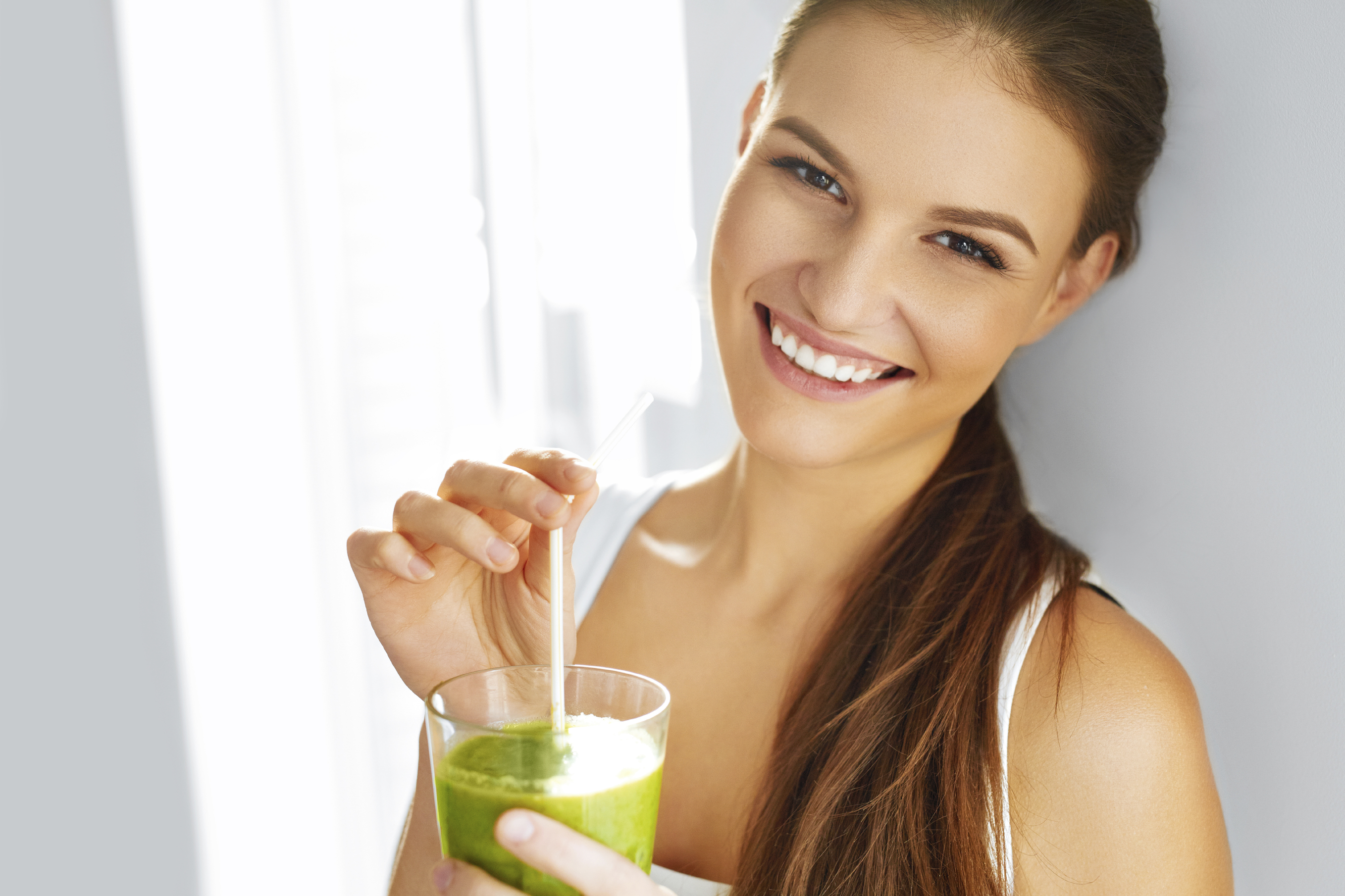Curing Depression Through Food?

(This content is being used for illustrative purposes only; any person depicted in the content is a model)
Depression is a common but serious mood disorder that affects millions. Depression causes severe symptoms that affect how we feel and handle daily activities. Fortunately, there are a variety of treatment options out there that help with symptoms of depression. With the right treatment, anyone can find a way to overcome their depression. No one should have to live every day in darkness.
What if I told you food could be the answer to overcoming your depression? The expression “You are what you eat” does not just apply to your physical body. It applies to your mind too. Although your diet may not directly cause depression, symptoms of depression can worsen through unhealthy eating. Putting the right nutrients in your body is a surefire way to alleviate symptoms of depression.
No, broccoli is not going to cure your depression overnight! However, French fries definitely will not help either. I know for me; it’s hard to monitor my healthy eating when I am going through a depressing period of life. I am definitely not one of those people who lose weight when they are feeling depressed. On the contrary, I gain a few pounds. However, when I finally make the decision to improve my diet, my mood dramatically changes. The depression does not diminish; it simply becomes more manageable.
Depression is one of the greatest killers of our time. It also is one of the most expensive. Learning the symptoms of depression and how to combat them with eating can be a great affordable treatment solution. First, lets go over the signs of depression.
Depression is a mood disorder characterized by:
- Loss of energy
- Loss of interest in things and activities
- Loss of appetite/ Increase in Appetite
- Trouble concentrating;
- Lack of desire for communication, isolation
- Lack of desire for life
- Suicidal Ideation
There are many other symptoms. More importantly, depression is vastly different from feeling sad after a tragedy like a breakup or a death of a loved one. Depression lasts even when things get better. It is a lingering feeling of being trapped in the darkness without a switch visible in sight.
Relationship Between Food and Depression
What we put into our bodies is critical to our health. Everything from depression to heart disease is affected by the foods we put into our bodies. While it is nice to splurge on junk food once in a while, in the long run, we are not doing our mind and body any favors.
Depression is caused mainly by a drop in serotonin levels in the brain. Certain foods have a significant impact on our mood and emotional state. There are foods not recommended for people with depression.
Here are some of the worse foods you can have if depressed:
- Refined Sugar- Sugar products can boost our mood, but only for a short while. That is why sugar is so addictive. Eventually, refine sugar disrupts our blood sugar levels, and a sugar hangover appears. Sugar can have an adverse impact on our mood and sleep. It feels good at first, but sugary foods just are not worth it.
- Artificial Sweetener- Artificial Sugar is the enemy for depression. They suppress the production of serotonin causing you to be moody, sleepy and more depressed.
- Trans fats – These fats are indirectly linked to depression. By regularly consuming them, your arteries can clog. Saturated fat prevents blood from flowing to the brain.
- Antibiotics-Antibiotics disrupt the healthy intestinal bacteria our bodies need. Believe it or not, 80% of the antibiotics we consume do not come from a doctor’s prescription. Instead, it comes from meat that has been treated with antibiotics. Take caution with the foods you are eating to avoid overconsuming antibiotics.
- Genetically Modified Foods- In some cases, GMOS have been found to cause damage to the body and depression is one of the most common indicators. Artificial food is processed in the body differently aggravating symptoms of depression.
- Caffeine: Caffeine in moderation can be okay for some however sometimes caffeine can exacerbate symptoms of anxiety and make depression worse. Try to limit yourself. I know it can be hard in those early mornings but better mood regulation is worth it.
Now that we know what foods hinder depression, let’s look at foods that help with depression.
Here are some excellent foods you can enjoy:
- Foods High in Vitamins and Minerals: Ensure that all the food you are eating is full of micronutrients such as vitamins and minerals. Fruits and vegetables are great choices. Try juicing to boost your intake of these nutrients. Pay attention to vitamin C and vitamins of the B group. These foods help regulate the mood.
- Capers: Capers contain quercetin flavonoid in high quantities. Scientists have found these help with mood regulation and memory.
- Chocolate: Chocolate actually has been proven to boost levels of serotonin in our body that make us happy. When you are feeling down, have a small portion of chocolate, and you will find it is quite the pick me up. Try not to overdo it, though!
- Tryptophan- Try increasing your food sources of tryptophan. This amino acid is the serotonin precursor that helps boost serotonin in the brain. Foods like unprocessed cocoa, sesame, eggs and meat (from animals not treated with antibiotics), almonds, chickpeas among others are great ways to ensure proper intake.
While food may not cure depression, what you put in your body plays a huge role in your mental health. Remember, the best way to get on the path to treating depression is through professional help. You do not have to live this way. If you or someone you love is struggling with substance abuse or addiction, please call toll-free 1-800-777-9588.
Author: Shernide Delva
